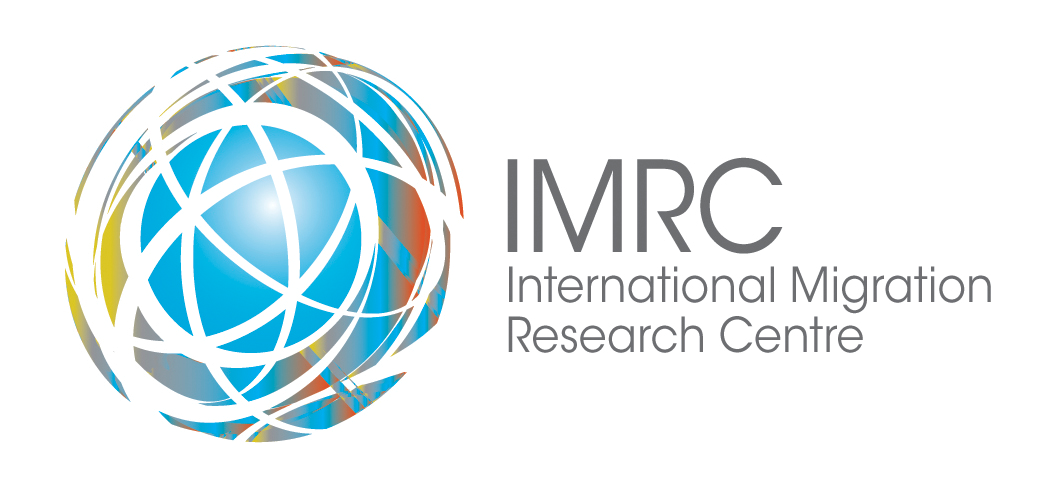Document Type
Policy Points
Publication Date
6-2018
Department
International Migration Research Centre
Abstract
In a global context marked by growing international forced displacement and migration, societies are becoming increasingly more diverse. The question of how to live together with newcomers has become a policy issue of utmost concern. While populist governments in Europe and in the US are failing to offer citizens and
newcomers alternative models for living together that encourage greater ethnic, cultural and religious plurality, in this report we highlight the contributions and lessons drawn from local and civil-society initiatives that have been successful in bringing hosts and newcomers together. We explore three such cases: Riace, a small Italian village where the leadership of a mayor and his policies allowed the presence of refugees to revitalize the community; a cultural center in Gaziantep, Turkey, where Syrian refugees are able to experience normalcy as artists, writers and community organizers; and a kitchen project in Berlin, Germany, which started in 2013 by bringing refugees and Berliners together to cook, share a meal, and to socialize. We highlight the importance of a three-pronged approached to integration that combines governmental leadership, solid integration policies, and civil-society and locally-based initiatives that allow for personal interchanges between newcomers and hosts. These interchanges contribute to changing notions of who does and does not belong and are invaluable in showing where the key to co-existence lies.
Recommended Citation
Feyzi Baban, Fuat Keyman, Hande Paker and Kim Rygiel. “Welcoming Diversity: The Role of Local and Civil Society Initiatives in Welcoming Newcomers,” IMRC Policy Points, Issue XIV, June 2018.


